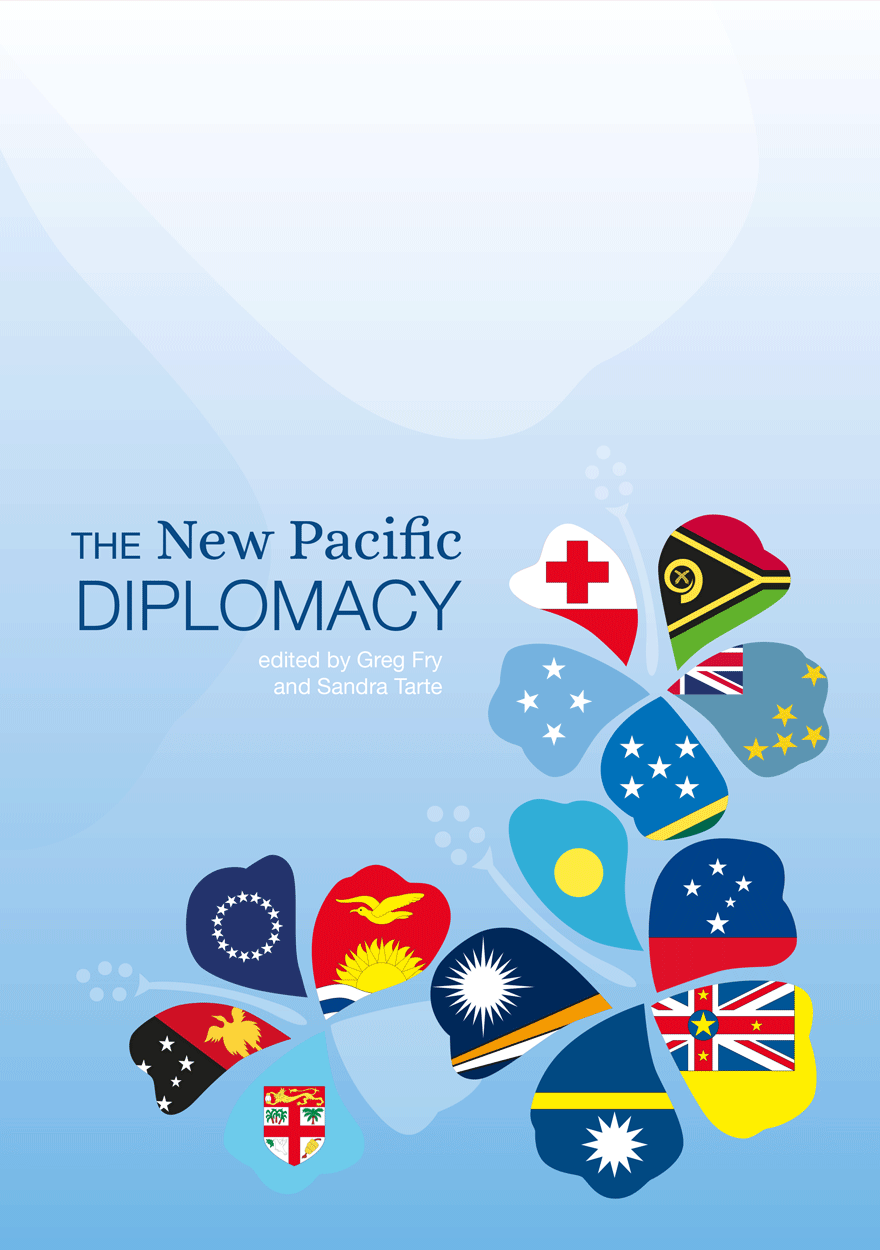Search
Books

Framing the Islands »
Power and Diplomatic Agency in Pacific Regionalism
Authored by: Greg Fry
Publication date: October 2019
Since its origins in late eighteenth-century European thought, the idea of placing a regional frame around the Pacific islands has never been just an exercise in geographical mapping. This framing has always been a political exercise. Contending regional projects and visions have been part of a political struggle concerning how Pacific islanders should live their lives. Framing the Islands tells the story of this political struggle and its impact on the regional governance of key issues for the Pacific such as regional development, resource management, security, cultural identity, political agency, climate change and nuclear involvement. It tells this story in the context of a changing world order since the colonial period and of changing politics within the post-colonial states of the Pacific.
Framing the Islands argues that Pacific regionalism has been politically significant for Pacific island states and societies. It demonstrates the power associated with the regional arena as a valued site for the negotiation of global ideas and processes around development, security and climate change. It also demonstrates the political significance associated with the role of Pacific regionalism as a diplomatic bloc in global affairs, and as a producer of powerful policy norms attached to funded programs. This study also challenges the expectation that Pacific regionalism largely serves hegemonic powers and that small islands states have little diplomatic agency in these contests. Pacific islanders have successfully promoted their own powerful normative framings of Oceania in the face of the attempted hegemonic impositions from outside the region; seen, for example, in the strong commitment to the ‘Blue Pacific continent’ framing as a guiding ideology for the policy work of the Pacific Islands Forum in the face of pressures to become part of Washington’s Indo-Pacific strategy.

The New Pacific Diplomacy »
Edited by: Greg Fry, Sandra Tarte
Publication date: December 2015
Since 2009 there has been a fundamental shift in the way that the Pacific Island states engage with regional and world politics. The region has experienced, what Kiribati President Anote Tong has aptly called, a ‘paradigm shift’ in ideas about how Pacific diplomacy should be organised, and on what principles it should operate. Many leaders have called for a heightened Pacific voice in global affairs and a new commitment to establishing Pacific Island control of this diplomatic process. This change in thinking has been expressed in the establishment of new channels and arenas for Pacific diplomacy at the regional and global levels and new ways of connecting the two levels through active use of intermediate diplomatic associations.
The New Pacific Diplomacy brings together a range of analyses and perspectives on these dramatic new developments in Pacific diplomacy at sub-regional, regional and global levels, and in the key sectors of global negotiation for Pacific states – fisheries, climate change, decolonisation, and trade.

The China Alternative »
Changing Regional Order in the Pacific Islands
Edited by: Graeme Smith, Terence Wesley-Smith
Publication date: March 2021
In this collection, 17 leading scholars based in Solomon Islands, Fiji, Papua New Guinea, Timor-Leste, Australia, New Zealand, the United States and China analyse key dimensions of the changing relationship between China and the Pacific Islands and explore the strategic, economic and diplomatic implications for regional actors.
The China Alternative includes chapters on growing great power competition in the region, as well as the response to China’s rise by the US and its Western allies and the island countries themselves. Other chapters examine key dimensions of China’s Pacific engagement, including Beijing’s programs of aid and diplomacy, as well as the massive investments of the Belt and Road Initiative. The impact of China’s rivalry for recognition with Taiwan is examined, and several chapters analyse Chinese communities in the Pacific, and their relationships with local societies. The China Alternative provides ample material for informed judgements about the ability of island leaders to maintain their agency in the changing regional order, as well as other issues of significance to the peoples of the region.
‘China’s “discovery” of the diverse Pacific islands, intriguingly resonant of the era of European explorers, is impacting on this too-long-overlooked region through multiple currents that this important book guides us through.’
—Rowan Callick, Griffith University
‘The China Alternative is a must-read for all students and practitioners interested in understanding the new geopolitics of the Pacific. It assembles a stellar cast of Pacific scholars to deeply explore the impact of the changing role of China on the Pacific islands region. Significantly, it also puts the Pacific island states at the centre of this analysis by questioning the collective agency they might have in this rapidly evolving strategic context.’
—Greg Fry, The Australian National University
Author / Editors
Greg Fry »
Greg Fry is Honorary Associate Professor in the Asia-Pacific College of Diplomacy in the Coral Bell School of Asia Pacific Affairs, at The Australian National University. He is also Adjunct Associate Professor in the School of Government, Development and International Affairs at the University of the South Pacific. His most recent books include Intervention and State-Building in the Pacific (co-editor with Tarcisius Kabutaulaka, Manchester University Press, 2008); and The New Pacific Diplomacy (co‑editor with Sandra Tarte, ANU Press, 2015.)
Other
Book Launch: Framing the Islands »
Join us for the launch of Framing the Islands: Power and Diplomatic Agency in Pacific Regionalism by author Honorary Associate Professor Greg Fry. The book will be launched by Dame Meg Taylor. Dame Meg Taylor is Secretary General of the Pacific Islands Forum Secretariat and is also currently the



